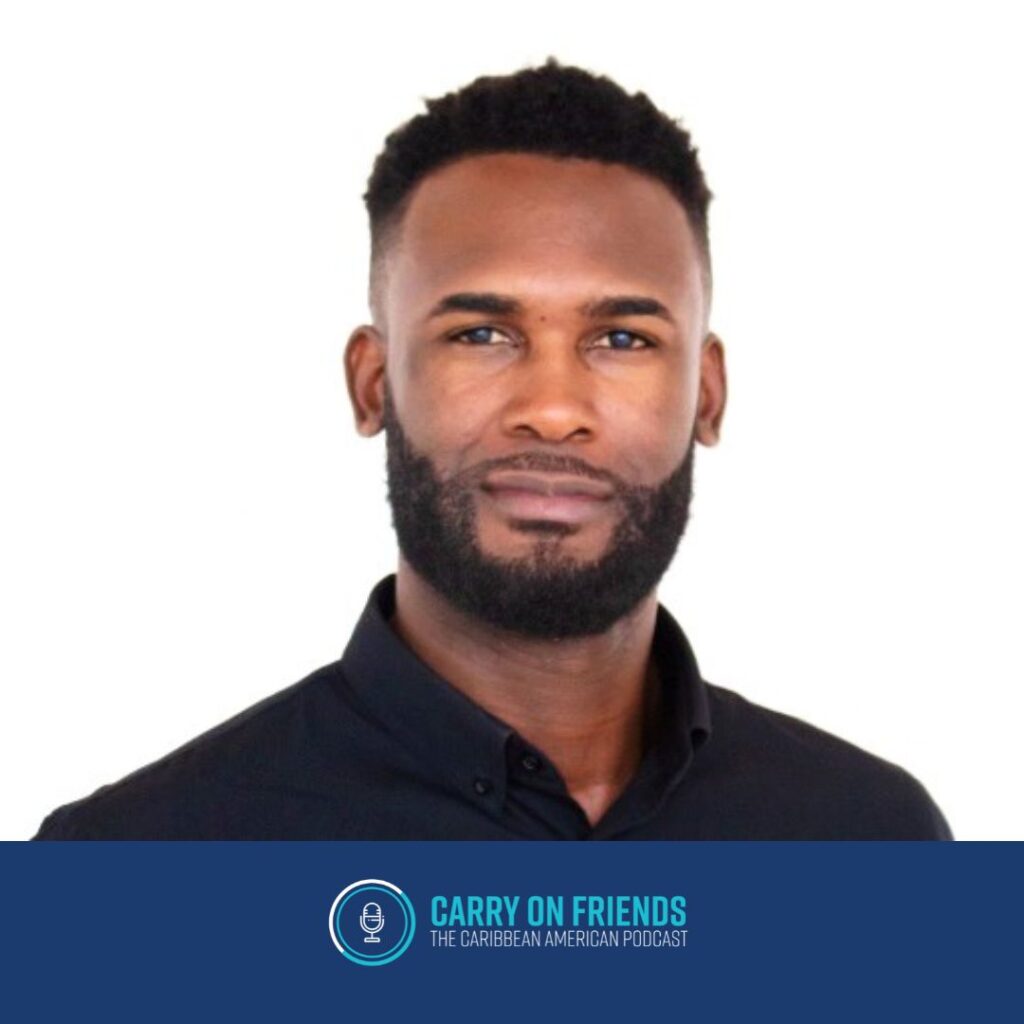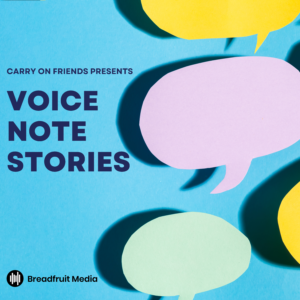
Language Is Power: Jamaican Patois, Identity, Literacy & AI
Language as Identity & Self-Expression
Language is more than a tool for communication – it’s a cornerstone of identity, culture, and personal expression. In a fascinating conversation with O’Neil Madden, a Jamaican lecturer, linguist, and researcher at the University of Technology in Jamaica, we explored the complex relationship between language, identity, and the evolving landscape of Jamaican Creole in both Jamaica and the diaspora.
Oneil, who speaks five languages including French at a native level, shared profound insights about how our languages shape our sense of self. “When I speak French, I feel very French. When I speak English or Jamaican, I feel very Jamaican,” he explained. This linguistic fluidity demonstrates how languages provide different frameworks for experiencing and expressing ourselves. For diaspora communities, maintaining their native language becomes crucial to preserving cultural connections, especially when physically distant from their homeland.
The Struggle with Standardization and Literacy in Jamaican Creole
The conversation highlighted the ongoing challenges facing Jamaican Creole, particularly regarding standardization and literacy. While Jamaicans are typically fluent speakers of Patois, many struggle with reading and writing it due to inconsistent spelling conventions and lack of formal education in the language. The Jamaican Language Unit at the University of the West Indies has developed a standardized system called the Cassidy model, which has been used to translate texts like the New Testament into Jamaican Creole. However, as both speakers noted, reading these standardized versions can be challenging even for native speakers because the spelling doesn’t always match how individuals would intuitively write the language.
Language Justice and the Importance of Comprehension
This linguistic disparity points to a deeper issue of language justice. Oneil emphasized that intelligence is not determined by one’s ability to speak standard English but rather by comprehension. Many Jamaican students struggle academically not because they lack intelligence, but because they’re being taught in a language that isn’t their mother tongue. Pilot programs teaching children in both Jamaican Creole and English have shown promising results, with students demonstrating better ability to distinguish between the languages and improved overall comprehension.
AI, Accessibility, and the Ownership of Jamaican Language
We also explore how AI is shaping who gets to “speak Jamaican” now. From automated translations to non-Jamaicans adopting Patois in places like Toronto, the episode confronts the tension between accessibility and appropriation. Is AI expanding understanding or diluting ownership?
While some might worry about the cultural implications of AI tools being able to translate Jamaican Patois, Oneil sees potential benefits. These tools can provide wider access to Jamaican culture for non-native speakers while creating opportunities for official translators and interpreters. The recognition of Jamaican Creole by technology platforms may even contribute to its legitimization as an official language.
Challenging Colonial Attitudes and Embracing Cultural Pride
What becomes clear throughout this discussion is that language prejudice remains a significant obstacle. Many Jamaicans still perceive their native language as inferior to English, a vestige of colonial attitudes that equate standard English with education and intelligence. This perception affects self-confidence and limits opportunities for those who don’t master the dominant language. As Oneil powerfully stated, “We need to not see Jamaican language as bad English, because it affects how people feel about themselves.”
The United Nations’ declaration of 2022-2032 as the decade of indigenous languages provides a timely framework for advancing language justice. It calls for greater investment in preserving and promoting languages that risk extinction while supporting bilingual education models that honor native tongues. For Jamaica and its diaspora, this represents an opportunity to embrace Jamaican Creole not just as a cultural artifact but as a legitimate, sophisticated language worthy of official recognition and educational integration.
Resources & References
- Prior episode with Dr. Kari-Lee Grant on Caribbean Languages
- Jamaican Language Unit at UWI Mona
- Jamaican New Testament (via Bible app)
- UN Decade of Indigenous Languages (2022–2032)
- BBC article on Patois in Toronto
- NY Times Article on Jamaican Official Language
Stay Connected
Connect with @carryonfriends – Instagram | Facebook | YouTube
Enjoyed the show? Please remember to leave a rating and review in Apple Podcasts.
A Breadfruit Media Production: Instagram


